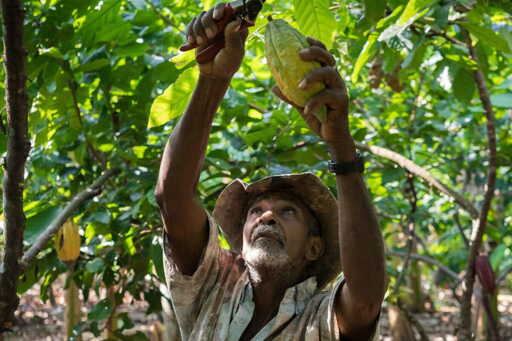Conservation is facing a crisis, fueled by myriad factors including cuts in funding, weakening support from governments, and disinformation. A significant driver of this crisis is a lack of understanding among many decision-makers and the public of nature’s vital role in food and water security, health, and climate change adaptation and mitigation. To combat the perception that conserving nature is primarily an environmental issue, it is imperative for the conservation sector to be more deliberate in demonstrating its impacts on human well-being. The acceleration of ecological decline presents an urgent threat to humanity and our collective future. In the World Economic Forum’s 2025 annual list of the top 10 global risks, five of the longer term (10-year) risks are environmental, ranging from extreme weather events to biodiversity loss, ecosystem collapse and pollution. Yet, biodiversity conservation remains vastly underfunded for the value it provides. For decades, the U.S. Agency for International Development (USAID) was a leader in recognizing the crucial role of healthy ecosystems as a foundation for human well-being, championing the phrase “conservation is development” to embody its perspective. The agency invested more than $385 million in biodiversity programs in fiscal year 2023 alone on approaches including forest conservation, sustainable fisheries management and conservation enterprises to benefit local communities and ecosystems. A photograph from 2018 documenting a USAID Oceans project aimed at collecting data on fish catches in Asia. The Trump administration shut down almost all of USAID’s projects, including for marine conservation, in early 2025. Image courtesy of USAID.…This article was originally published on Mongabay
From Conservation news via this RSS feed


